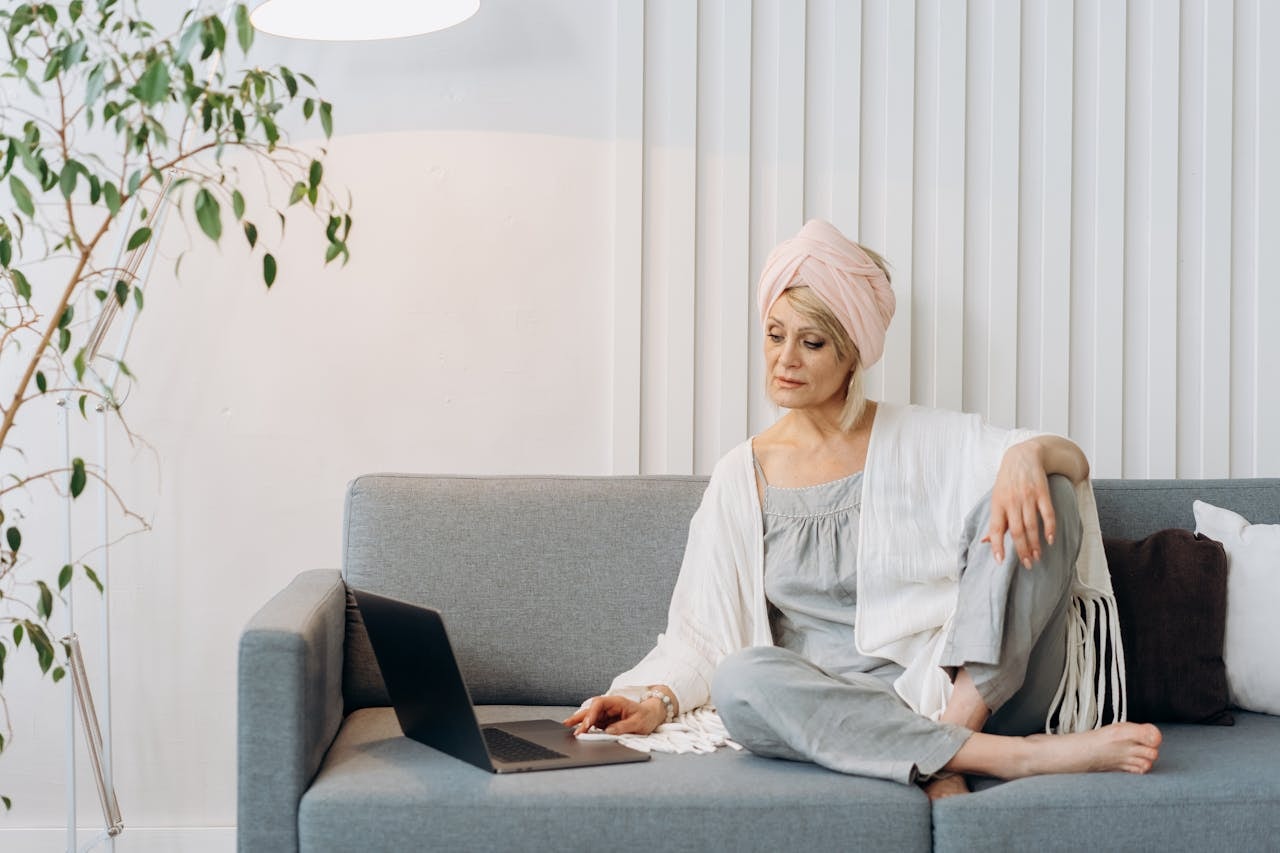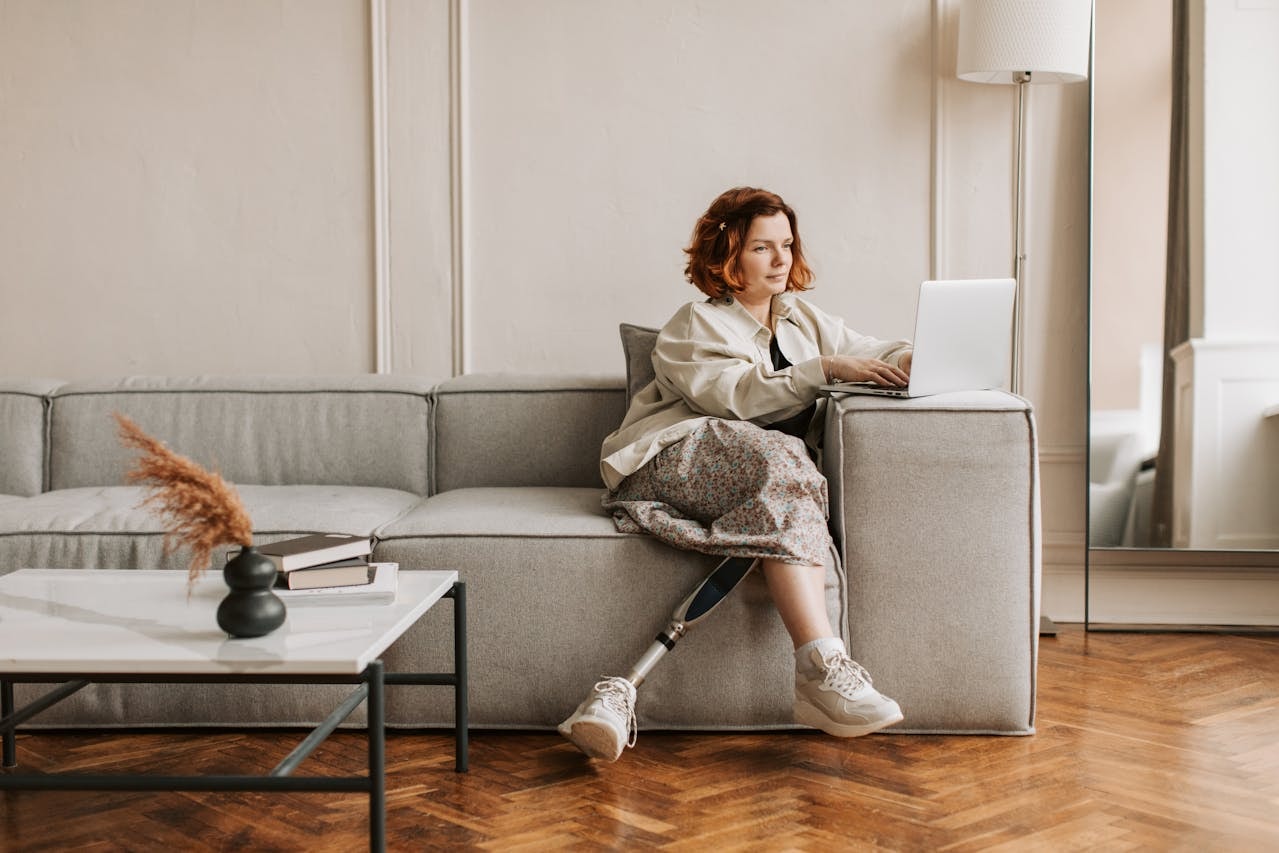
Discovering Independent Living Centers
Australia has come a long way in recognising the rights of individuals with disabilities to live independently. Independent living centres (ILCs) stand at the forefront of the independent living movement, offering more than just housing—they offer dignity, choice, and control. These centres are built on the independent living philosophy, which empowers people with disabilities to lead self-directed lives within their local community.
What Is a Center for Independent Living?

An independent living centre is much more than just a resource provider—it is a vibrant, inclusive environment where people with disabilities and their advocate re equipped to take charge of their own lives. These centres are deeply rooted in the independent living movement and are built around the principles of consumer control, ensuring that the individuals served are also those making key decisions about services and operations.
A center for independent living typically offers a broad array of supports—from life skill development and employment readiness to information about accessible housing, funding options, and assistive technology. Many are community based and run by non profit organizations, making them a cornerstone of the disability community.
What sets these centres apart is their commitment to peer support—programs led by those who have lived experience of disability, fostering trust and shared empowerment. From advocacy services to referral networks and inclusive education opportunities, the services provided are designed to remove attitudinal barriers and promote true equality.
These centres are a critical piece of the puzzle when it comes to enabling individuals with disabilities to achieve independence, live independently, with dignity, and fully participate in their local community.
Understanding the Independent Living Philosophy

Rooted in the disability rights movement, the independent living philosophy is more than a concept—it’s a way of life that challenges outdated notions of dependence and institutional care. At its core, this philosophy is about recognising that individuals with disabilities are the best experts on their own lives. They are not passive recipients of care, but active decision-makers who deserve the right to direct their own lives and access the same freedoms as anyone else in society.
This philosophy promotes the belief that everyone, regardless of ability, should have the opportunity to live, learn, work, and participate fully in their local community. It supports human and civil rights, affirms the value of self determination, and prioritises consumer control—where the person receiving the service has the ultimate authority over the decisions that affect them.
Importantly, the independent living philosophy also challenges attitudinal barriers in society—the preconceived notions, stereotypes, and low expectations that often restrict people with disabilities more than their physical limitations. Instead of segregating individuals in nursing homes or other institutions, the philosophy calls for equal access, accessible housing, and inclusive environments that make it possible for people to live independently with dignity and pride.
In practice, this means enabling choice and control in all areas of life: where to live, what supports to receive, who to engage with, and how to pursue one’s aspirations. It is the driving force behind the work of independent living centres and a vital part of the global push toward social justice and equality for all.
Core Services of Independent Living Centers

Each local center typically provides several core services to promote equal access and participation:
Peer Support and Advocacy
ILCs offer individual and systemic advocacy services to combat attitudinal barriers and promote access. Peer support allows individuals with disabilities to connect, share experiences, and encourage each other toward achieving independent living skills.
Information, Referral and Services Provided
These centres serve as trusted sources of information, offering referral to various support services and other services , including health care, accessible housing, postsecondary life planning, and secondary education resources.
Training in Independent Living Skills
Whether it’s budgeting, cooking, navigating public transport, or job-seeking, ILCs provide training in independent living skills. The goal is to help people live independently and confidently.
Access to Assistive Technology
Demonstrations and loans of assistive technology help people try out solutions that enhance personal autonomy and participation in society.
Who Can Benefit from Independent Living?

Independent living centres are inclusive by design and serve a wide and diverse population. These centres are particularly valuable for individuals who are navigating transitions in life or seeking greater autonomy in daily living, but the benefits extend well beyond the individual alone.
- Youth transitioning to adulthood: ILCs offer support with postsecondary life preparation, job readiness, and mastering independent living skills such as budgeting, cooking, and time management. These services help young people step confidently into adult responsibilities.
- Older adults facing mobility or health changes: For seniors who do not need full-time care but desire a supportive and accessible environment, ILCs offer programs, social connection, and services that enable them to live independently.
- People with physical, cognitive, sensory, or psychosocial disabilities: Whether someone has a long-term disability or is newly adjusting to one due to injury or illness, ILCs provide practical resources, assistive technology, peer support, and training to restore independence.
- Veterans and individuals recovering from injury: Centres help former service members and accident survivors regain daily autonomy, connect to services, and rebuild their lives with dignity.
Beyond direct participants, families, carers, and support networks also benefit. ILCs provide referral pathways, advocacy, and support services to educate and empower loved ones. This collaborative approach ensures the person with a disability is not isolated but surrounded by informed allies.
The reality is that anyone encountering attitudinal barriers, sudden life changes, or gaps in community-based care can find value in these centres. Whether short-term guidance or long-term assistance is needed, ILCs are built to uplift, educate, and empower every individual with a disability to reach their fullest potential.
Supported Independent Living vs. Independent Living Centres
While supported independent living (SIL) focuses on providing housing with 24/7 care, ILCs promote self help and decision-making. Many people use both in combination—accessing SIL while also receiving skill-building and advocacy from an ILC.
The Broader Impact of the Independent Living Movement
Empowerment through Services Provided
ILCs play a crucial role in helping people move out of institutions, gain independence, and lead independent lives. Their work directly supports the intent of the Disabilities Act, ensuring that every person has the opportunity to fully participate in community life.
Breaking Attitudinal Barriers through Community Engagement
These centres also raise awareness of disability issues through workshops, events, and partnerships with community based organizations that are vital for the disability community . Their efforts foster equal access and reduce attitudinal barriers.
Promoting Inclusion through Accessible Housing and Human Rights
ILCs promote human rights and inclusion by making sure that independent living services are not only available but also accessible. From accessible housing modifications to personalised planning, they support a society where every individual with a disability is valued.
Success Stories: Real People, Real Progress
“With help from our local ILC, I learned to manage my finances and apply for uni. I’m now studying psychology and living on my own!” – Sam, NSW
“Our ILC gave us the tools to help my son gain confidence in his daily routines. He now takes the bus to work independently.” – Helen, QLD
Bridging the Gap: Collaborations Between CILs and Community-Based Services Like Re.Connect
Independent Living Centres (CILs) don’t operate in isolation—they thrive through partnerships with grassroots organisations like Re.Connect Support Services. These collaborations ensure that the principles of autonomy, inclusion, and empowerment are translated into personalised, daily support. By integrating CIL strategies—such as peer-led support, assistive technology promotion, and inclusive education—with Re.Connect’s Supported Independent Living (SIL) services, individuals with disabilities receive holistic care that spans advocacy, skill-building, and community connection. Together, they bridge the gap between policy and practice, turning aspirations of independence into everyday realities.
Re.Connect amplifies the work of CILs by:
- Delivering tailored Supported Independent Living (SIL) services
- Extending peer-driven strategies into personalised home and community care
- Integrating assistive tech training and therapy access
- Providing a consistent link between policy advocacy and on-the-ground implementation
Together, CILs and services like Re.Connect bridge the gap between systemic change and lived reality—turning empowerment into action.
How Re.Connect Support Services Makes a Difference in Independent Living

Re.Connect takes the mission of ILCs further. Our team of the best experts in the field ensures that people aren’t just placed in housing—they’re empowered with knowledge, skills, and ongoing support to lead fulfilling lives.
We partner with local centers, provide programs on independent living skills, and assist families and clients in navigating the NDIS and other funding options.
At Re.Connect Support Services, we specialise in delivering equitable access to community-based Supported Independent Living (SIL) services, carefully tailored to meet the unique needs of individuals with disabilities as well as anyone seeking support.
Our team of dedicated support workers provides personalised assistance to clients in areas such independent living services such as:
Daily Living Skills: Supporting clients in developing and maintaining essential life skills.
Household Management: Assisting clients with tasks such as cooking, cleaning, and budgeting.
Community Engagement: Facilitating opportunities for clients to participate in social and recreational activities.
Other Available Services: We have some services such as capacity building, support coordination and even family and housing support.
By focusing on promoting CIL services that support independence and autonomy in medical care for family members, we empower our clients to lead fulfilling lives on their own terms.
Ready to Join the Independent Living Movement?

If you or a loved one are looking to enhance independence, connect with a local center, or learn more about services provided, Re.Connect is here to help.
Contact Us
- 🌐 Visit: https://reconnectss.com.au
- 📞 Call: 1300-555-987
- 📧 Email: enquiries@reconnectss.com.au
Let’s create a path toward independent living—together.


